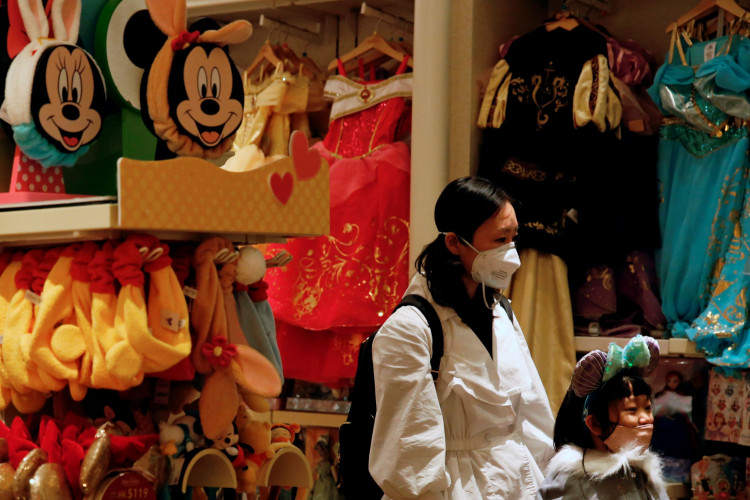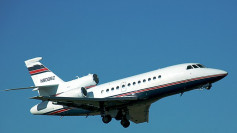Hong Kong Disneyland has been temporarily closed as of January 26, 2020, the park announced in an official statement. The shutdown was done in line with prevention efforts to contain the novel coronavirus, avoiding further contagion of guests, tourists, and park staff and performers.
The park said the Hong Kong Disneyland Resort hotels would remain open. Still, the management continues to monitor the situation and is in constant correspondence with relevant authorities. In the meantime, the management is unsure when the park will re-open. The Standard Park Ticket remains valid for six months while refunds will apply accordingly.
Closures have been widespread as the country battles coronavirus. Among those that have closed are Ocean Park, Shanghai Disneyland and Disneytown. Cinemas have also been closed, including chains like McDonalds and Starbucks. Handlers and organizers for Asian pop superstar Andy Lau announced that his concerts in 12 locations in Hong Kong were already canceled to the dismay of about 100,000 ticket buyers.
The Ministry of Culture and Tourism reiterated its suspension of group tours from China to other parts of the world. The ministry asked travel agencies as well as online travel service providers to cancel travel packages, flight tickets and hotels included. The government said relevant refunds are required and changing flights should be welcomed. Tour operators expected to suffer include China International Travel Services Corp. and UTour Group Co.
Experts expect the coronavirus will bring impact to the global economy by mere cancellation of travels. For one, canceled travels are already bad for the tourism industry and the aviation market, not to mention retail and luxury shopping.
Chinese make up the largest number of outbound passengers, making a total of 150 million overseas travel in 2018 alone. By estimates, the Chinese spent $130 billion overseas in 2018. Chinese luxury shoppers are also the biggest spenders among their global counterparts.
As of Saturday, which was the first day of the Lunar Year, there was already a remarkable drop on local travel, dropping 28.8% compared to the same period last year. Vice-minister of transport Lio Xiaoming said civil air travel already dropped 41.6%, rail travel by 41.5%, and road transport by 25%.
Indeed, local Chinese airport officials have already been instructed to offer refunds so passengers can be dissuaded from traveling overseas. Airlines expected to shoulder the impact include Air China Ltd., China Southern Airlines Co., and China Eastern Airlines Corp.'s.
Meanwhile, foreign airlines are also canceling flights that are scheduled between January 31 to February 7. Airlines with canceled flights within the period include American Airlines, Delta Airlines, and United Airlines. The only silver lining is that if they are canceling flights within this period only, it suggests that companies are only expecting short-term impact.
Overseas destinations expected to feel the impact of reduced Chinese travelers include Thailand where there were 11 million Chinese tourists in 2019; Japan, which had nine million Chinese tourists last year; and Korea with six million, as well as the United States with three million.
The new coronavirus is likened to the strain found in SARS, which was a major disease outbreak in 2004. That year, the world economy lost about $40 billion and experts expect the world could incur economic damages of that amount with the coronavirus.






